15 Notable Books And Resources That Are Banned From US Prisons
15 Notable Books And Resources That Are Banned From US Prisonson Apr 06, 2021
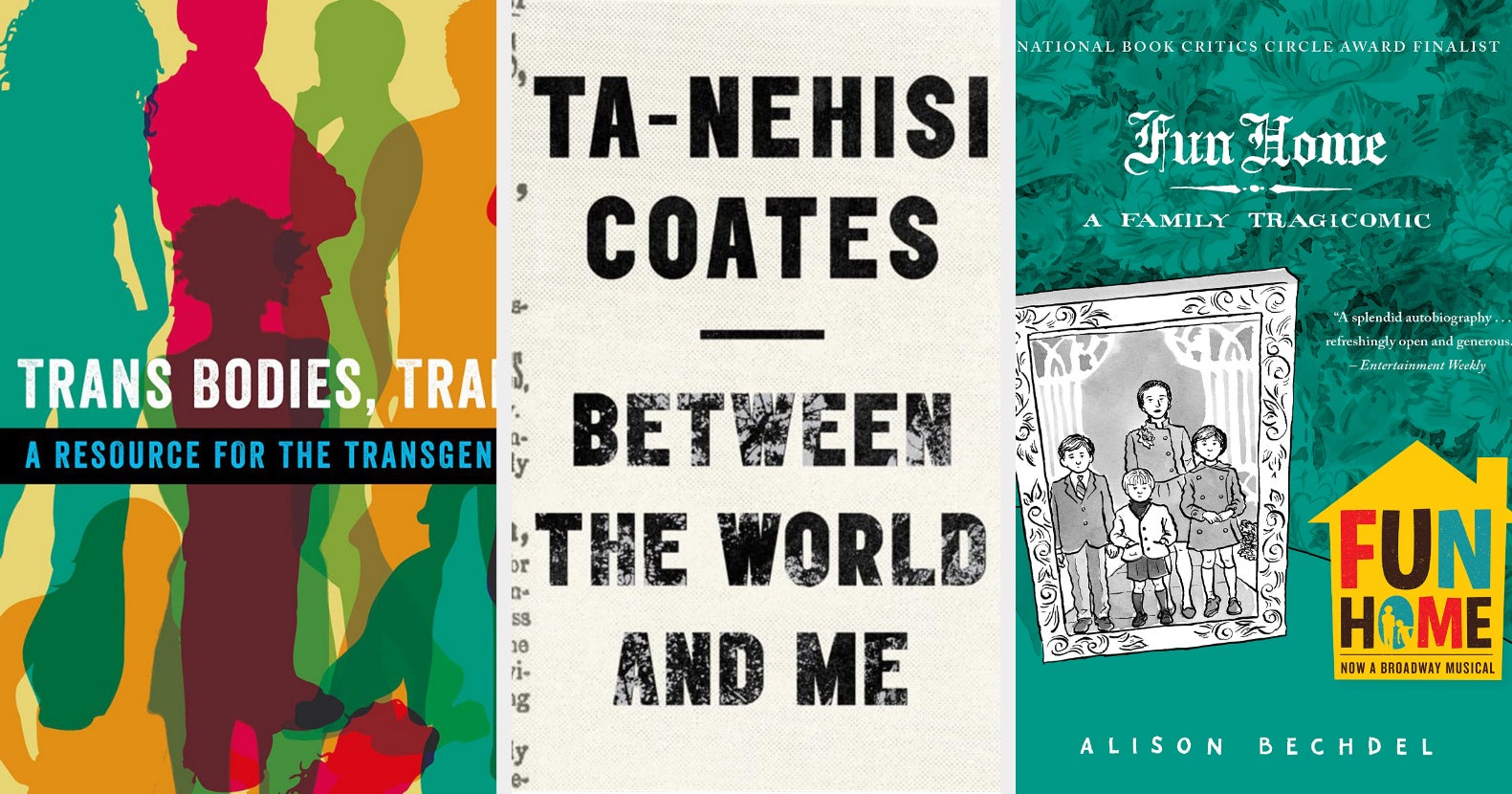
From tarot card guides to coloring books to a Frozen novel based on the Disney franchise, the books banned in US prisons are often seemingly harmless. State prisons provide explanations that describe the books as “sexually explicit” or “a threat to the order and security of the institution,” but their reasoning is vague and doesn’t explain why the content is considered a threat. In fact, in many states, Dungeons & Dragons guides are prohibited for fear of inciting violence and “gang activity” with little to no explanation.
In June 2019, the Human Rights Defense Center published on Prison Legal News its list of disapproved publications — including books, newsletters, magazines, and other printed materials that vary by state. Among these bans, some state prisons uphold restrictions on genuine educational resources, including how-to guides on coding and prison abolitionist newsletters. Some prisons use heavy-handed rules restricting books they claim promote “security threat groups” and “sexually explicit materials” to justify prohibiting health textbooks and works by Black authors. And sometimes there is no justification: In Virginia, for example, no reasoning is provided for banning books like HTML & CSS: The Complete Reference, Fifth Edition by Thomas A. Powell, the Magic: the Gathering series, and Windows 10 in Easy Steps Special Edition, Second Edition by Mike McGrath. Here are some of the books and resources that incarcerated people are banned from reading.
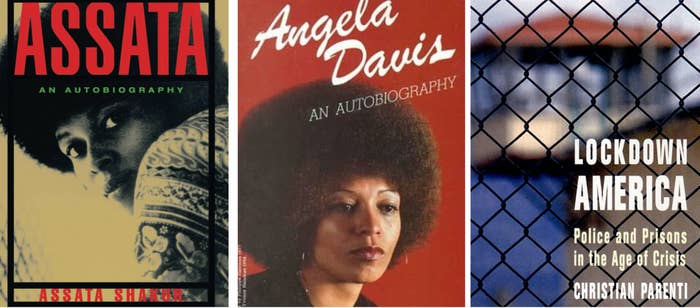
Chicago Review Press; International Publishers; Verso
Assata: An Autobiography by Assata Shakur
Assata Shakur documents her experience in prison after being accused of killing a New Jersey state trooper. On the day of the killing, she traveled with Zayd Malik Shakur and Sundiata Acoli, both fellow members of the Black Liberation Army when State Trooper James Harper stopped them at the New Jersey Turnpike for a broken headlight. Harper was later accompanied by Trooper Werner Foerster. Both Foerster and Zayd were shot dead, and Assata and Acoli were wounded. Assata, who maintained her innocence, was convicted in 1977. She recounts her childhood and life experiences that brought her to the Black Panther Party. She escaped from prison and sought political asylum in Cuba, where she resides today. The autobiography is banned in prisons in Louisiana, South Carolina, and Arizona prisons. It recently received approval for Wisconsin prisons.Angela Davis: An Autobiography by Angela Davis
Angela Davis shares her journey to understanding political activism and abolition, touching on her experience being incarcerated and the Black Panther Party. Her book is banned in prisons in Kansas, South Carolina, and Florida. Her article “Political Prisoners, Prisons, and Black Liberation” is also banned in prisons in Florida and South Carolina.Lockdown America: Police and Prisons in the Age of Crisis by Christian Parenti
Investigative journalist Christian Parenti unpacks the economics of mass prisons and militarized policing. The book looks at why criminal justice is so central to American politics. It’s currently banned in Florida prisons.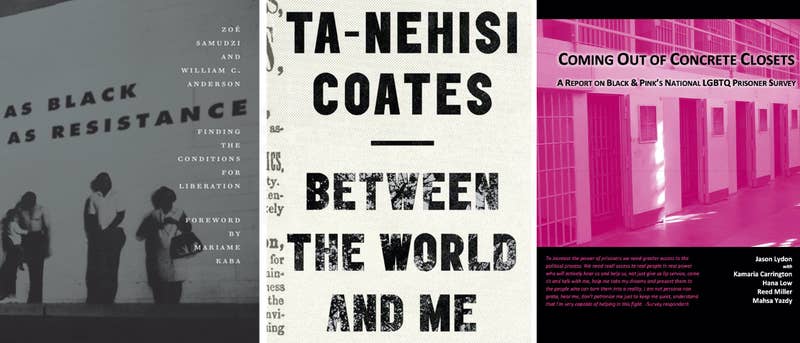
AK Press; One World; Black & Pink
As Black as Resistance: Finding the Conditions for Liberation by William C. Anderson and Zoé Samudzi
Expanded from the authors’ essay “The Anarchism of Blackness,” their book goes deeper into the importance of anarchist resistance, such as social movements and organizations. They explain that organized actions bring Black Americans closer to liberation. The book is currently banned in Kansas prisons.Between the World and Me by Ta-Nehisi Coates
In a letter to his son, Ta-Nehisi Coates tries to help him understand how American life is different for Black men and women. He writes about being a Black man facing discrimination and looks at the nation’s history under a lens that is ignored in public school education. The book is currently banned in Kansas prisons.Coming Out of Concrete Closets: A Report on Black and Pink's National LGBTQ Prisoner Survey by Jason Lydon, et. al.
This report — produced by Black and Pink, a Massachusetts-based organization dedicated to prison abolition and release of LGBTQ prisoners — outlines the stories of incarcerated queer folk and how prisons influence their community. The report shares statistics about the incarceration of LGBTQ people and proposes reforms to better support and decriminalize the community. It’s banned in Florida and New Hampshire prisons. Black and Pink’s newsletter is also prohibited in prisons in the following states, which cite “unlawful sexual practice”: California, Arizona, Washington, South Carolina, Ohio, North Carolina, Louisiana, Kansas, Iowa, and Florida.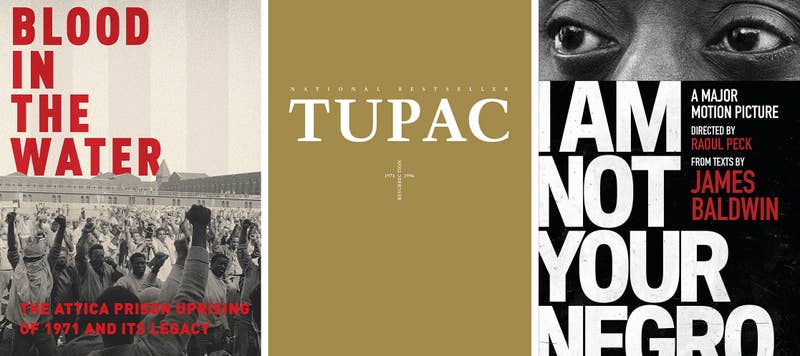
Vintage; Atria
Blood in the Water: The Attica Prison Uprising of 1971 and Its Legacy by Heather Ann Thompson
Heather Ann Thompson covers the history of Attica Correctional Facility in upstate New York and the 1971 protests that arose among prisoners due to years of mistreatment, exploring the legacy of the Attica prison uprising of 1971 in American social movements. The book, which won the 2017 Pulitzer Prize in history, is currently banned in prisons in Ohio, New Hampshire, Iowa, and Texas. (New Hampshire cites “security concerns-encourage group disruption,” Texas prohibited it for “sexually explicit images,” and Ohio and Iowa offer no explanation.)Tupac: Resurrection by Tupac Shakur
The companion book to Tupac Shakur’s Academy Award–nominated documentary is called “the autobiography [he] never got to write.” It includes images and various writings from the late musical artist. The book is banned in prisons in Kansas, Wisconsin, and Connecticut. Published materials about Shakur authored by himself and others are banned in prisons across a total of 11 states: The FBI War on Tupac Shakur and Black Leaders (Kansas, Florida), Rose (Kansas, Florida, Michigan), FOIA documents (South Carolina), and general anthologies and biographies (Illinois, Iowa, North Carolina, South Carolina, Virginia, Wisconsin, Arizona).I Am Not Your Negro by James Baldwin and Raoul Peck
A companion to filmmaker Raoul Peck’s documentary of the same name, this is a collection of writings that informed the film — Baldwin’s essays, letters, notes, interviews, and more about being a Black man in the US. The book is banned in Kansas prisons.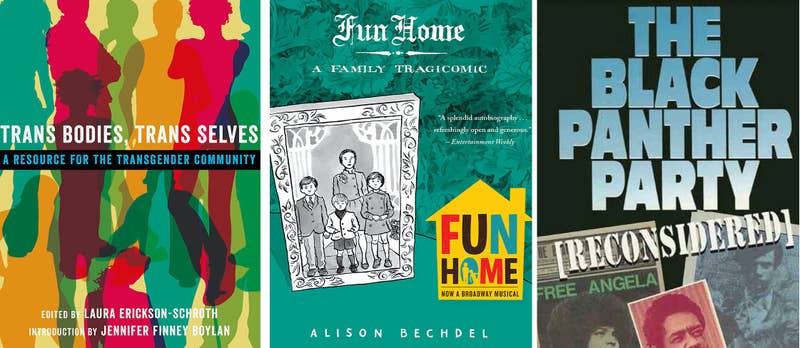
Oxford University Press; Mariner Books; Black Classic Press
Trans Bodies, Trans Selves: A Resource for the Transgender Community, edited by Laura Erickson-Schroth
This guide provides transgender and gender-nonconforming people with resources to better understand their identity, addressing specific topics such as relationships, transitioning, and parenthood from the perspectives of people in the community. The book is banned in prisons in Connecticut, Wisconsin, Washington, Ohio, North Carolina, Kansas, and Iowa.Fun Home: A Family Tragicomic by Alison Bechdel
Alison Bechdel’s celebrated graphic memoir looks back at her childhood, dissecting the parallels between her life and her father’s, leading up to the moment she comes out to him — only to find out he is also gay. His sudden death weeks later forces her to look back at her life and pick apart the interactions she’d had with him. The book went on to be adapted into a musical that has won multiple Tony Awards. It’s banned in Texas for “containing sexually explicit images.”The Black Panther Party Reconsidered by Charles E. Jones
This essay collection breaks apart the dynamics of the Black Panther Party and its history in Black liberation. The political organization founded by Bobby Seale and Huey P. Newton in 1966 was controversial despite its support for the Black community and influence in social activism to come. It was known for developing the Free Breakfast for School Children Program, the Intercommunal Youth Institute, and the People’s Cooperative Housing Program. Its programs provided better living conditions for the Black community and support for young people. The book is banned in Virginia. Publications featuring the organization (including Survival Pending Revolution: The History of the Black Panther Party by Paul Alkebulan, Nine Lives of a Black Panther: A Story of Survival by Wayne Pharr, and The Black Panther Party: Service to the People Programs, edited by David Hilliard) are banned in prisons across 11 states, most of them citing a “security threat.”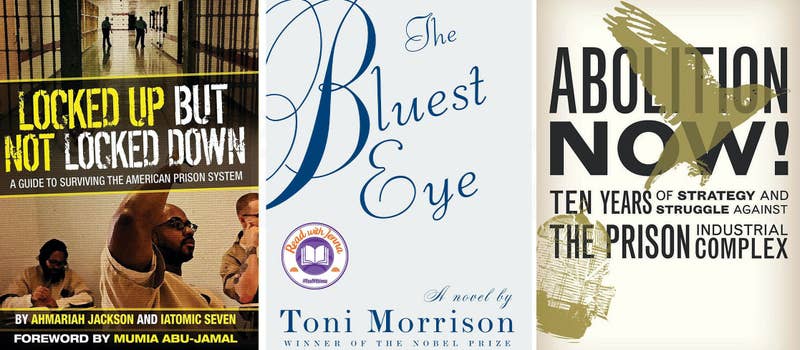
Supreme Design Publishing; Vintage; Critical Resistance
Locked Up but Not Locked Down: A Guide to Surviving the American Prison System by Ahmariah Jackson and I. Atomic Seven
This guide outlines the unspoken rules of prison. The authors provide true stories and anecdotes from over 80 prisoners or formerly incarcerated people about life in prison and the functions of the system. The book is banned in prisons in Florida, Michigan, New Hampshire, and California. New Hampshire banned the guide because of “institutional security concerns.”The Bluest Eye by Toni Morrison
Nobel Prize winner Toni Morrison’s first novel centers on an 11-year-old Black girl in the US following the Great Depression. The book, which argues that American beauty standards are racist, is banned in North Carolina and Kansas prisons.Abolition Now!: Ten Years of Strategy and Struggle Against the Prison Industrial Complex, edited by the CR10 Publications Collective
The CR10 Publications Collective — which includes editors from Critical Resistance, an international grassroots organization dedicated to ending the prison industrial complex — collects essays that share the ideologies of its movement and the practices needed to abolish prisons. The book dissects what dismantling the prison system means and presents community-based solutions that could replace it. It’s banned in prisons in Iowa and Kansas. The organization’s newsletter, The Abolitionist, is banned in prisons in California, Washington, Kansas, Florida, Illinois, Iowa, Michigan, North Carolina, Ohio, South Carolina, and Connecticut. Source: buzzfeednews
15 Notable Books
Banned From US Prisons
Book
Frontlist
Frontlist Latest news
Human Rights Defense Center
Latest news
sexually explicit



.jpg)






.jpg)

.jpg)
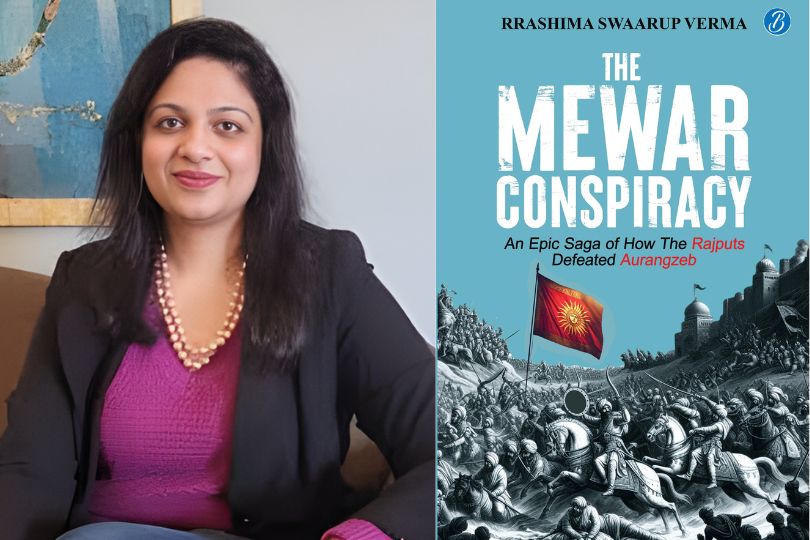
.jpg)

.jpg)
.jpg)










Sorry! No comment found for this post.